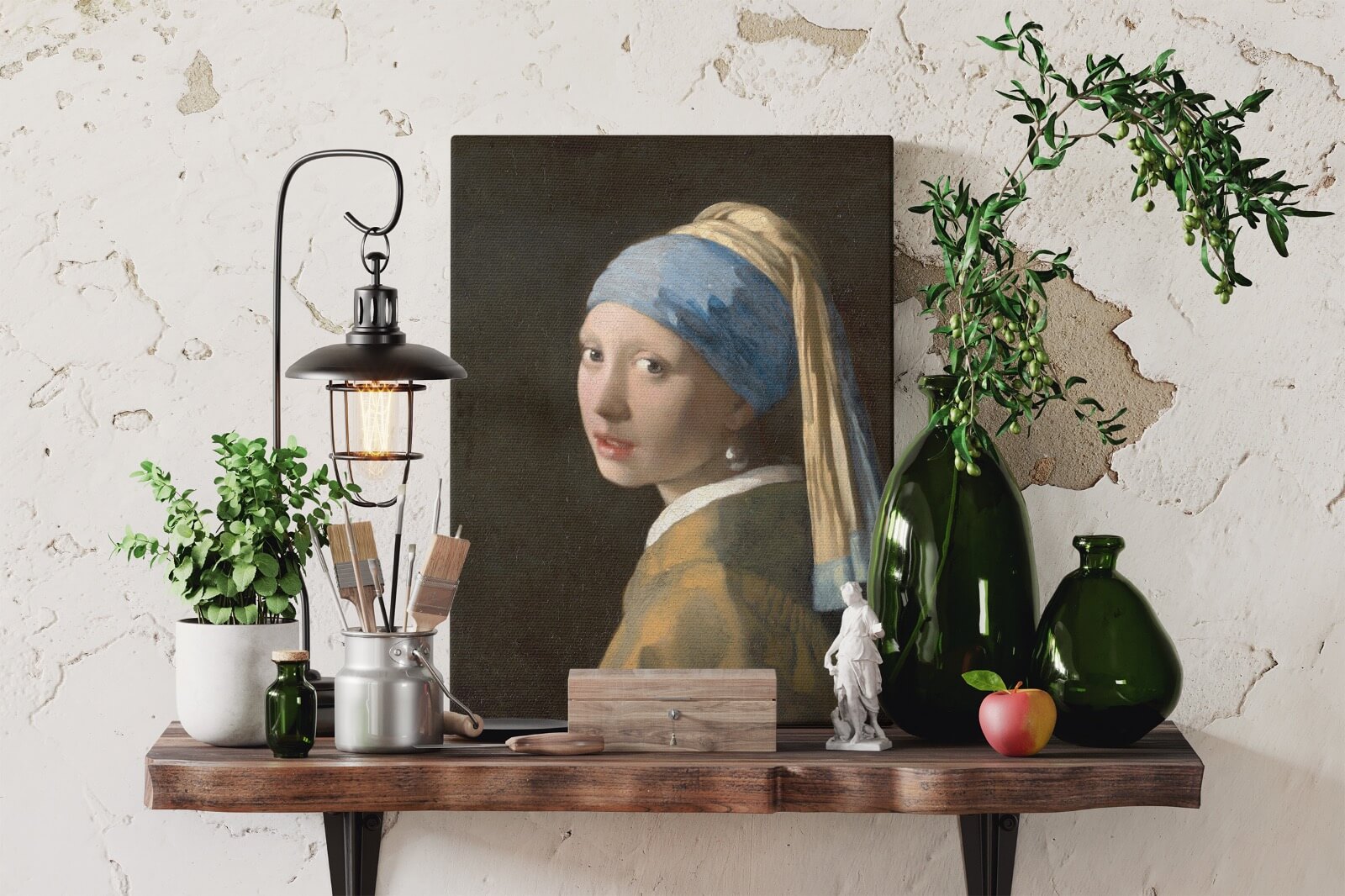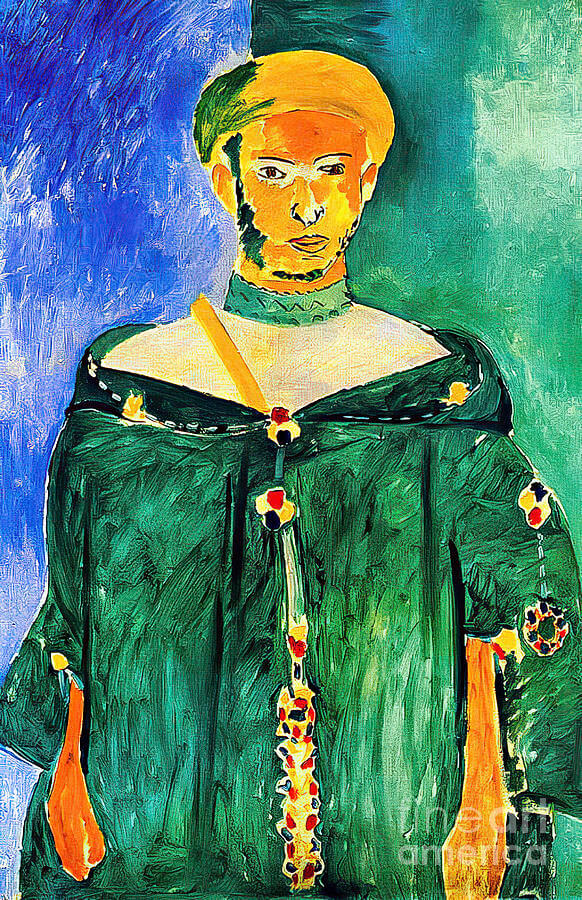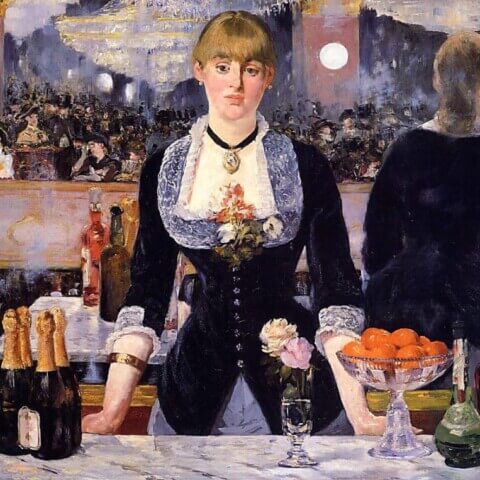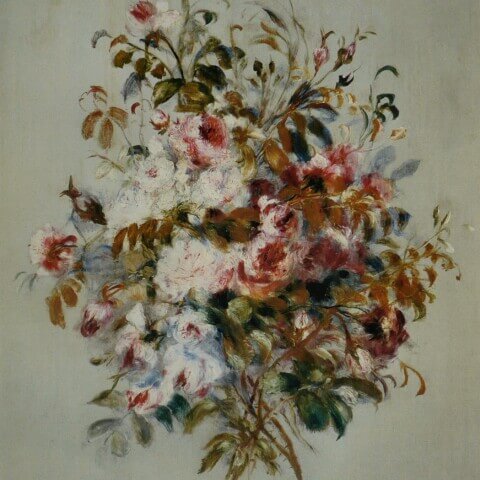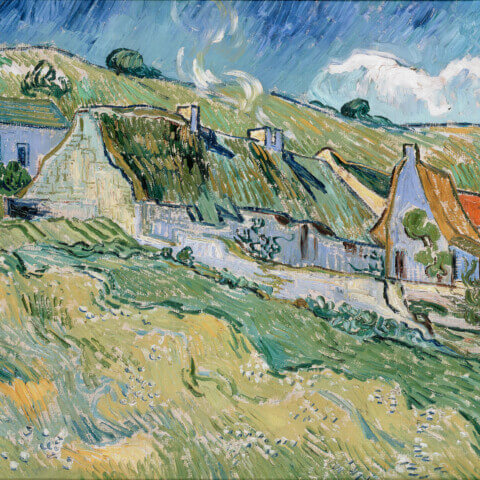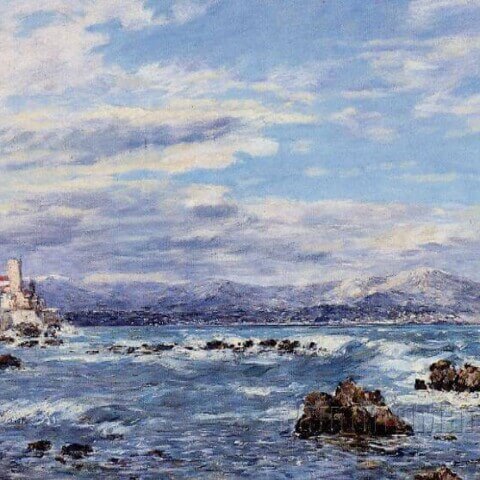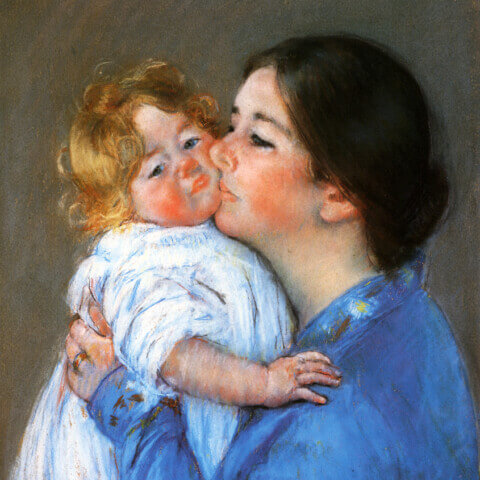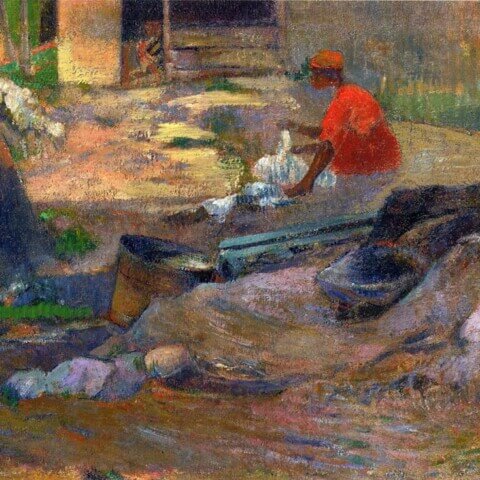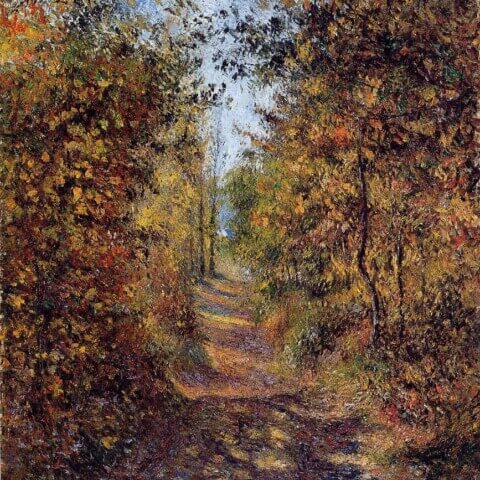Title: “”Matisse’s Standing Moroccan in Green: A Transcultural Marvel””
Year Painted: 1912
Henri Emile Benoit Matisse’s “”Standing Moroccan in Green,”” also known as “”Standing Riffian,”” is an exceptional painting that embodies the artist’s pioneering approach to transcultural art. Created in 1912, this masterpiece stands as a testament to Matisse’s profound impact on the art world and his ability to bridge diverse artistic traditions.
During this period, Matisse’s exploration of North African culture was fueled by his journey to Morocco, where he was captivated by the vibrant local scenes and the rich tapestry of cultural heritage. “”Standing Moroccan in Green”” reflects the profound influence of this journey, as Matisse skillfully incorporates elements of Islamic art and North African aesthetics into his composition.
The painting portrays a Moroccan man, exuding an air of quiet confidence and poise. Matisse’s masterful use of color is particularly noteworthy, with the dominant green hue symbolizing growth, renewal, and hope in Islamic culture. The figure’s flowing robes are adorned with intricate patterns, echoing the rich decorative motifs found in Moroccan architecture and textiles.
What makes “”Standing Moroccan in Green”” truly special is Matisse’s genuine appreciation for the subject’s cultural identity. Unlike the Orientalist works of the era, which often portrayed non-Western subjects through a stereotypical and exotic lens, Matisse approaches his sitter with respect and empathy. He seeks to capture the essence of the individual, celebrating the uniqueness of the Moroccan man without reducing him to a mere symbol of the exotic “”other.””
This painting exemplifies Matisse’s dedication to breaking free from conventional artistic norms. By merging European modernism with North African influences, he paves the way for a new artistic language that transcends geographical and cultural boundaries. “”Standing Moroccan in Green”” not only showcases Matisse’s technical prowess but also his visionary spirit, influencing generations of artists to embrace cultural diversity as a source of inspiration.
The year 1912 marks a crucial juncture in Matisse’s artistic journey, where he fully embraces the transcultural possibilities of art. The painting represents a pivotal moment in the development of modern art, as artists began to explore and assimilate influences from different cultures, fostering a global artistic exchange that continues to shape the art world today.
In conclusion, Henri Matisse’s “”Standing Moroccan in Green”” (Standing Riffian), painted in 1912, is a remarkable and groundbreaking artwork that exemplifies his pioneering vision of transcultural art. Through his masterful use of color and form, Matisse celebrates the individuality and cultural authenticity of his subject, challenging stereotypes and fostering a deeper understanding of diverse cultures. This transcultural marvel remains a cherished and influential painting in the annals of art history, reflecting Matisse’s enduring legacy as a boundary-pushing artist.
At our art gallery, we take pride in offering comprehensive global shipping to our esteemed clientele. We understand the significance of your art acquisitions and the need to transport them with utmost care. Hence, we are committed to delivering your chosen paintings to any address worldwide and free of any additional charge.
Our reliable courier service partners are experienced in handling precious art pieces and ensure that your painting reaches you in pristine condition. We offer fully insured, door-to-door delivery, providing you with peace of mind that your artwork is protected during transit.
Moreover, to accommodate your unique framing preferences, we offer the distinctive service of sending your purchased artwork directly to any framer across the globe. This enables you to have your painting framed locally by your trusted framer, reducing the risk of damage during transportation.
Regardless of your location or your framer’s, we strive to make the process as seamless as possible. It is our goal to provide exceptional service that caters to your needs and ensures the safe delivery of your valuable artwork.
We invite you to experience our hassle-free, worldwide shipping service, which is aimed at delivering your prized art pieces safely and efficiently, wherever you may be.
Similar paintings
Join our newsletter
Signup for our newsletter and receive our inspiration guide and 20% discount on your first order!
